Keywords: Borders
There are more than 200 results, only the first 200 are displayed here.
-
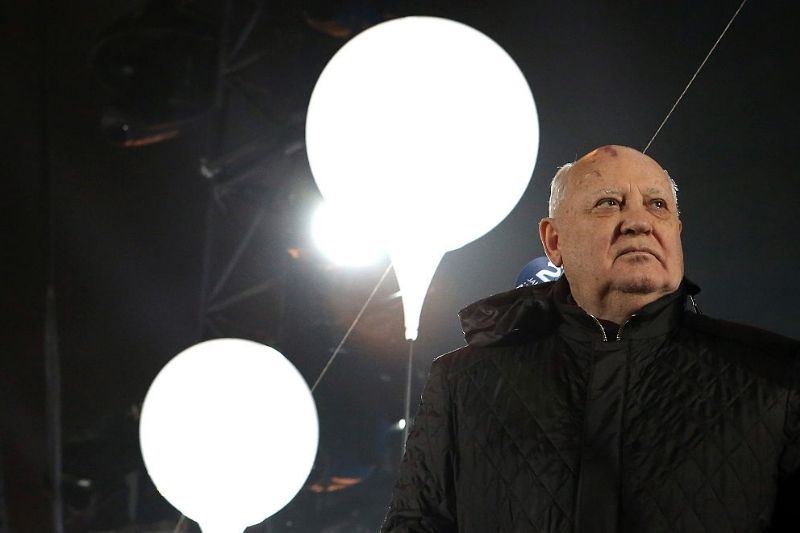
INTERNATIONAL
- Binoy Kampmark
- 08 September 2022
3 Comments
Greatness for the Soviet Union’s last leader, Mikhail Sergeyevich Gorbachev, was not to be found at home. Commentary on his passing is as much a statement of positions, endorsed by admiring beneficiaries, and loathed by those who fell off the train of history. The millions who delighted seeing the collapse of the Soviet Union and, as a result, a power vacuum and weaker Russia, toast him, eyes filled with emotion.
READ MORE 
-
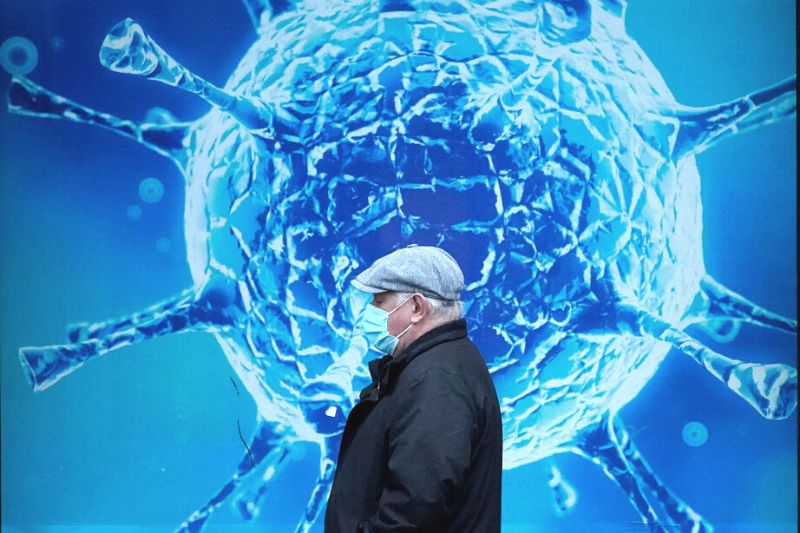
AUSTRALIA
- Andrew Hamilton
- 27 July 2022
2 Comments
Over recent weeks many people have expressed alarm and despondence at the rising number of infections and deaths from COVID. Just as we were enjoying freedom from restrictions we found ourselves encouraged to work from home if possible and to wear masks. The crisis and the recommendations recall the first onset of COVID in Australia. Yet the response of Governments is much less forceful. The differences between the responses and the reasons for them merit reflection.
READ MORE 
-
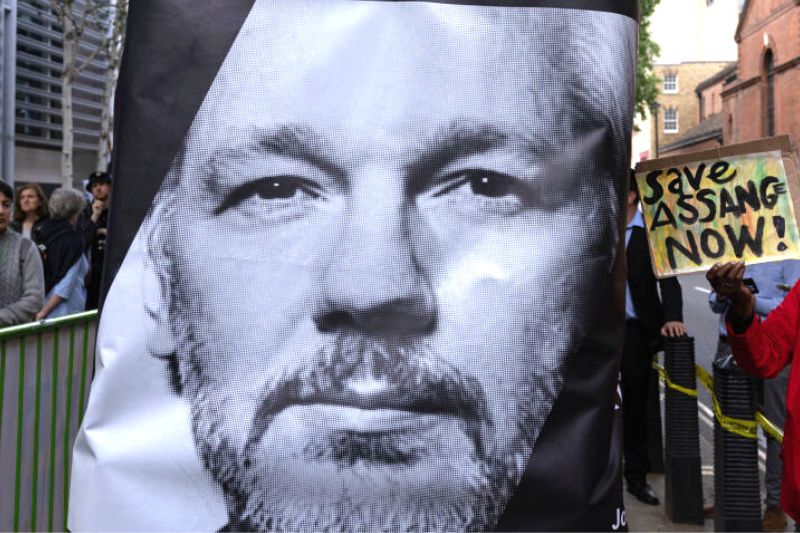
INTERNATIONAL
- Binoy Kampmark
- 19 July 2022
3 Comments
The only shock about the UK Home Secretary’s decision regarding the extradition of Julian Assange was that it did not come sooner. In April, Chief Magistrate Senior District Judge Paul Goldspring expressed the solemn view that he was ‘duty-bound’ to send the case to Priti Patel to decide on whether to extradite the WikiLeaks founder to the United States to face 18 charges, 17 grafted from the US Espionage Act of 1917, and one based on computer intrusion.
READ MORE 
-
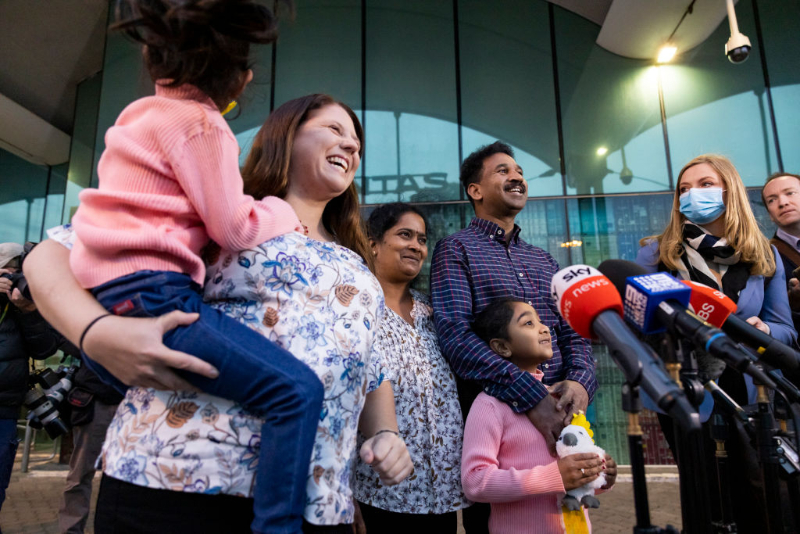
AUSTRALIA
- Binoy Kampmark
- 09 June 2022
9 Comments
In Australia’s treatment of refugees and asylum seekers, notably those arriving by boat, compassion and fairness have rarely threatened a policy deemed cruel, costly and ineffective. The fate of the Muragappan family has been a continuous, scandalising flashpoint about the nature of Australia’s border protection policies.
READ MORE 
-
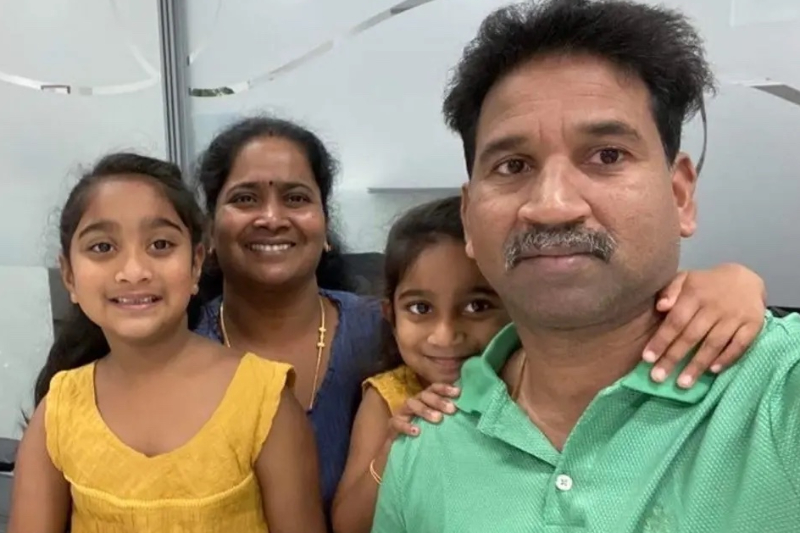
AUSTRALIA
- Kerry Murphy
- 02 June 2022
7 Comments
The case of the Murugappan family illustrates the punitive and puritanical approach of the previous government towards human beings arriving in Australia by boat and then seeking asylum. The tone of each message clearly reflects totally different attitudes towards the people affected, with special note of the fact that Minister Chalmers rang the family to tell them, and then rang people in Biloela to pass on the news.
READ MORE 
-
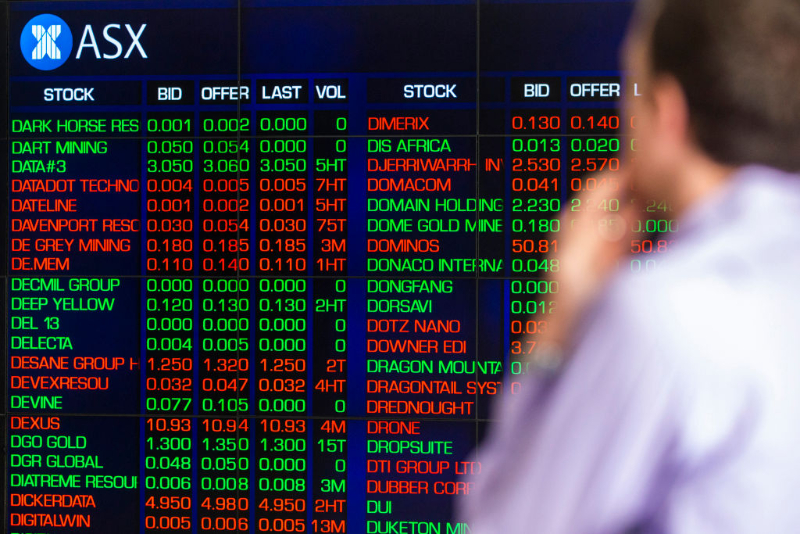
ECONOMICS
As commodity prices and inflation soar in the ‘real’ world we may be witnessing a prelude to another 2008-style crisis triggered by the foreign exchange markets. The risks certainly look similar and can be described with a simple question. Can the fictions produced by out-of-control financial actors survive reality?
READ MORE 
-
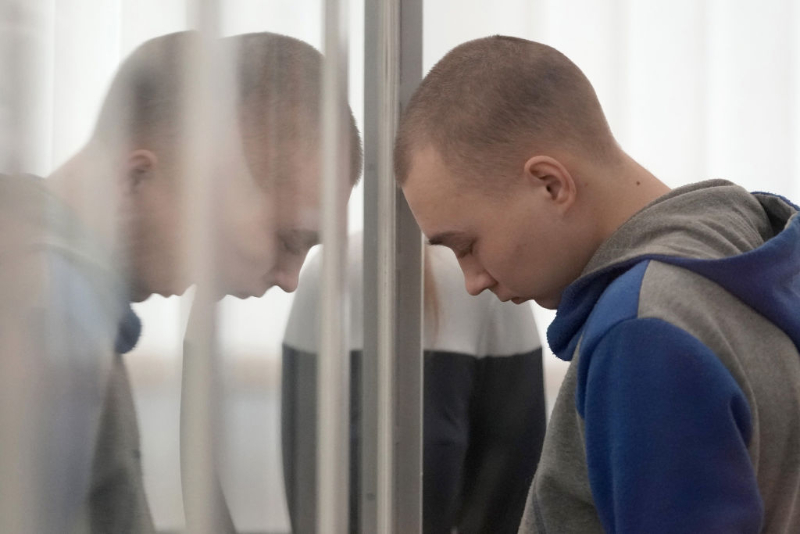
INTERNATIONAL
- Gillian Bouras
- 26 May 2022
14 Comments
In the photo I have just seen Vadim Shishimarin is in the dock, hanging his head. He is 21, but looks about 15 as he stands there in the polycarbonate box, the first Russian soldier to be charged and tried in Ukraine for a war crime. He holds the rank of sergeant and was a tank commander. At 21? (I’m embarrassed to recall how immature I was at 21.) It is likely he has a mother: I wonder how she is feeling right now, but think I can make a good guess.
READ MORE 
-
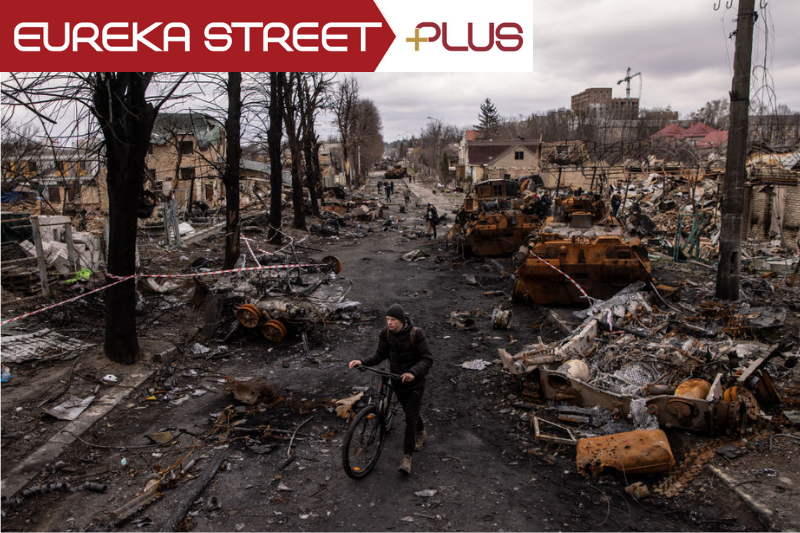
INTERNATIONAL
- Andrew Hamilton, David Halliday, Michele Frankeni, Stewart Braun
- 19 May 2022
5 Comments
We are now three months into the Ukraine war. From an invasion it has turned into a war of attrition that has cost many lives, displaced civilians, destroyed cities, and led to sanctions and the making of alliances with effects that have spread suffering far beyond Ukraine. In this Roundtable, Andrew Hamilton SJ, David Halliday, Michele Frankeni and Dr Stewart Braun explore the ethics of the war and likely paths to peace.
READ MORE 
-
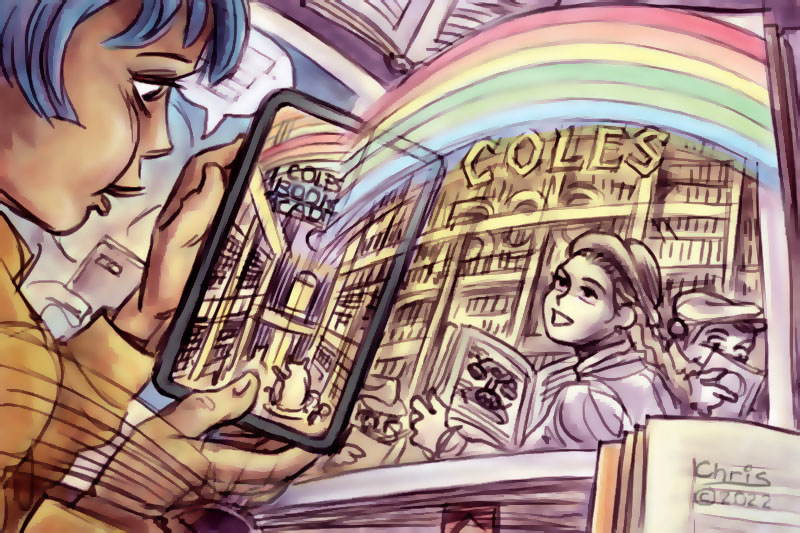
ARTS AND CULTURE
- Cherie Gilmour
- 19 April 2022
6 Comments
Edward Cole understood that books encouraged community. The businessman could rub shoulders with the tramp in his Arcade. Now, in an age of division and isolation, more than ever we need spaces which facilitate community; light-filled cathedrals dedicated to the love of knowledge and stories, and their power to cross borders, politically, ideologically and culturally.
READ MORE 
-
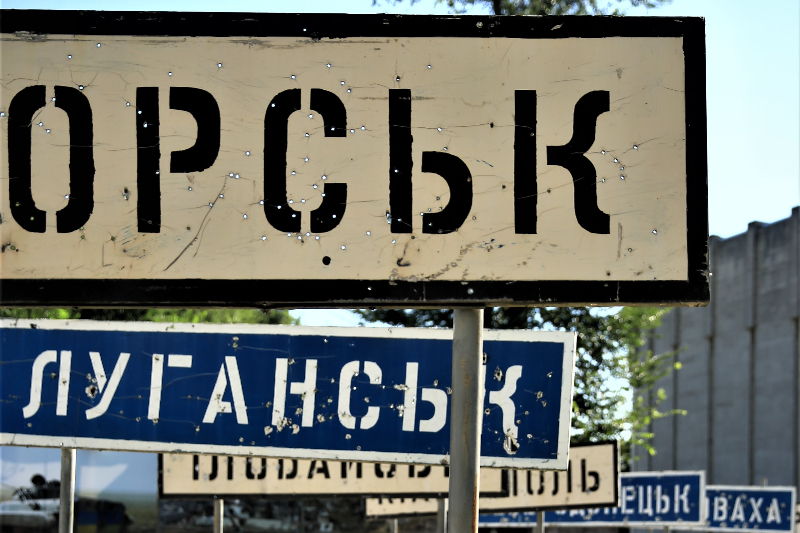
ARTS AND CULTURE
- Catherine Marshall
- 12 April 2022
4 Comments
The country’s most recent conflict — ongoing skirmishes with Russian-backed separatists in Crimea, Luhansk and Donetsk, just 230km east of here — had been memorialised at an open-air exhibition: a latticework of bronze flowers had been superimposed upon an ambulance wrecked in battle; bullet-ridden place names from affected villages were lined up like a column of condemned POWs.
READ MORE 
-
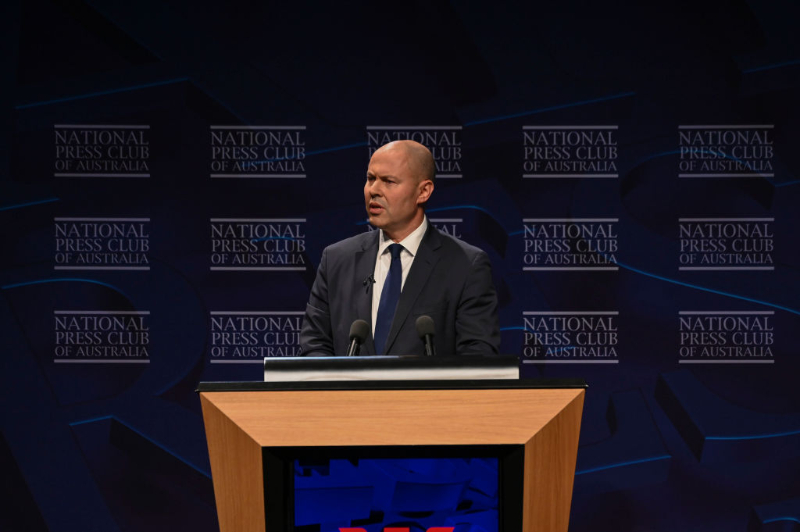
ECONOMICS
- Julian Butler
- 31 March 2022
1 Comment
In 2020 as the Covid-19 pandemic raged globally, as Australia shut its borders and some states shut in their people, massive government income support was introduced. The government was a little slow coming to recognise the need for such measures. Once they had, they wanted the support rolled out as quickly as possible. Frydenberg, Scott Morrison and their colleagues recognised that a demand side boost was absolutely necessary to sustain economic activity. The government was uncomfortable, though, with this approach.
READ MORE 
-

RELIGION
- Andrew Hamilton
- 24 March 2022
10 Comments
Any program of church reform will have soon to ask Chernyshevsky’s question, What is to be done? It is a dangerous question — he wrote his novel from jail and spent much of his life in exile or imprisonment. Discussion of Church matters is mercifully less perilous today, but the question does invite a radical repiecing of the connections and tradition and energies that constitute Catholic life.
READ MORE 